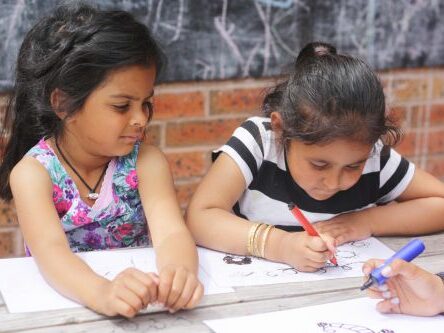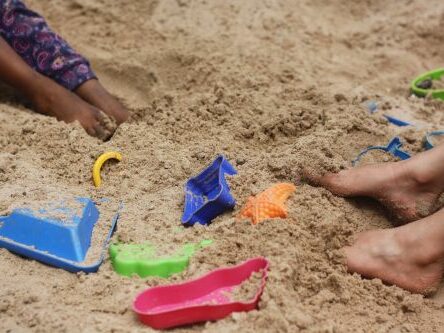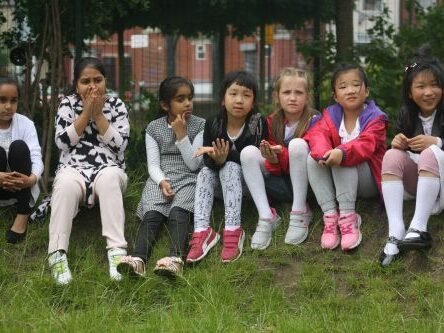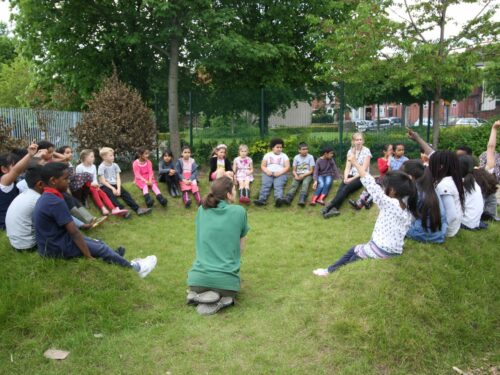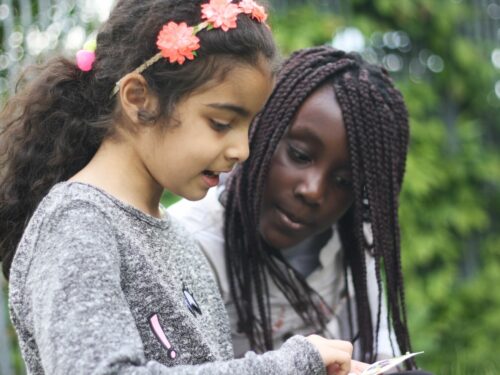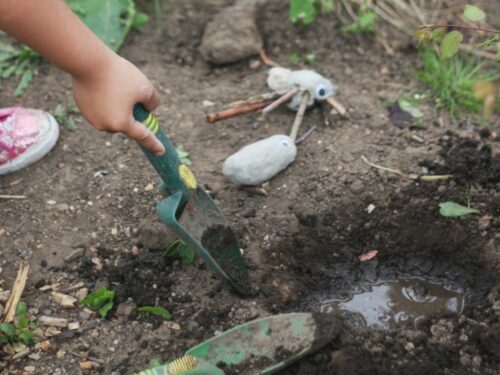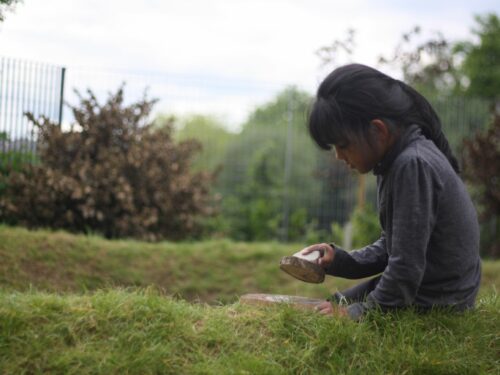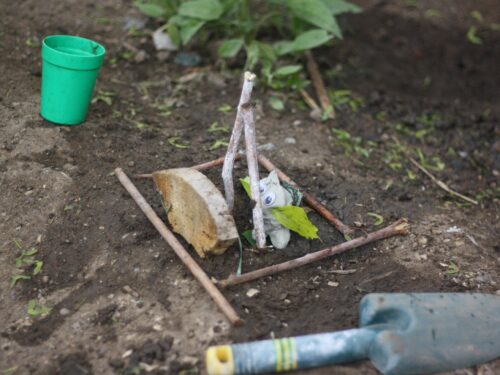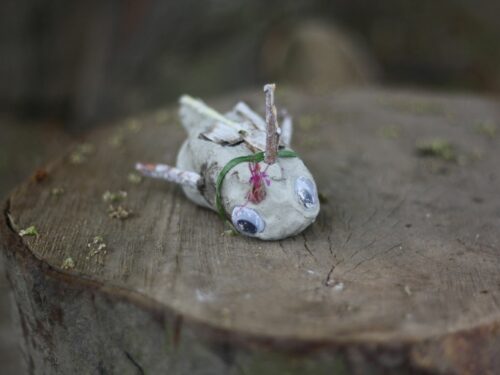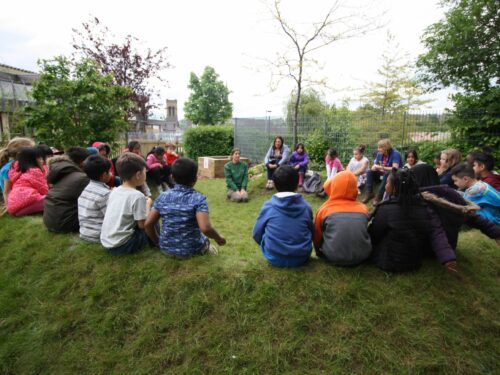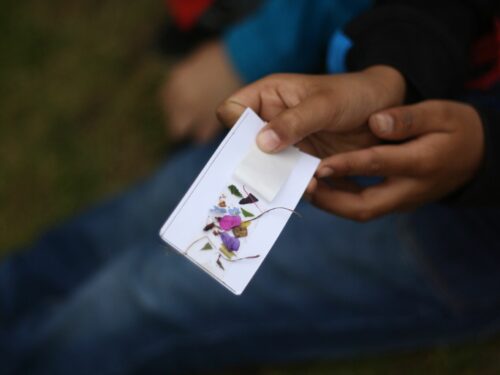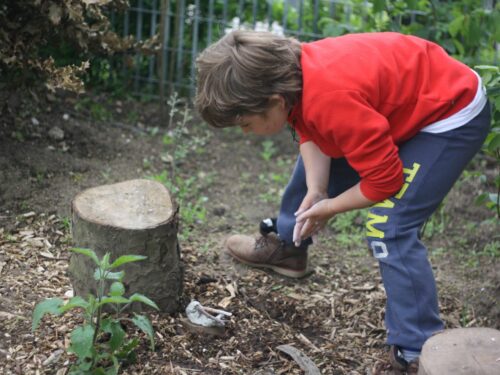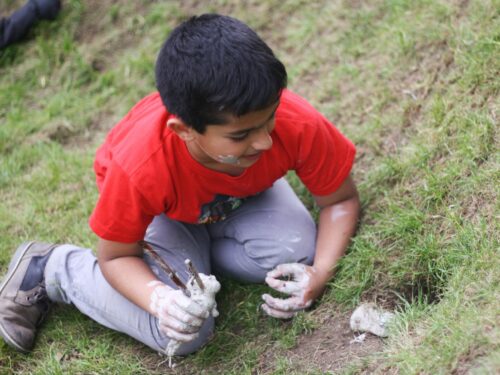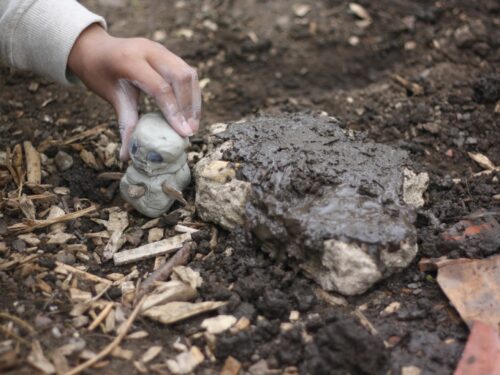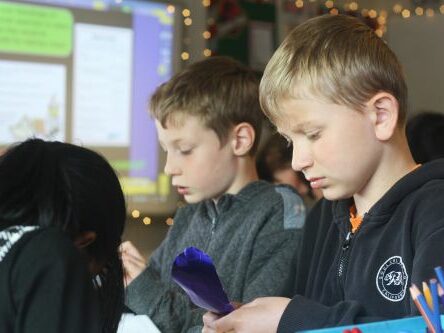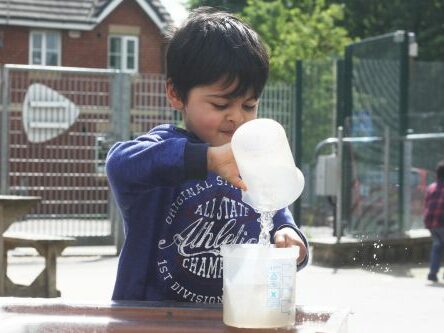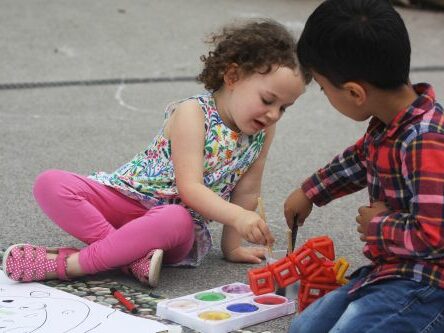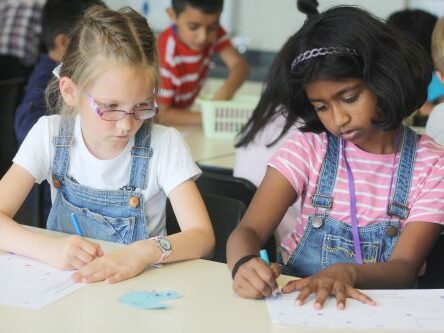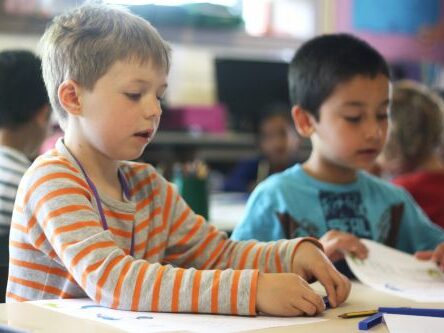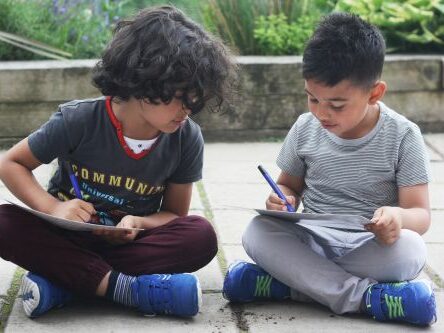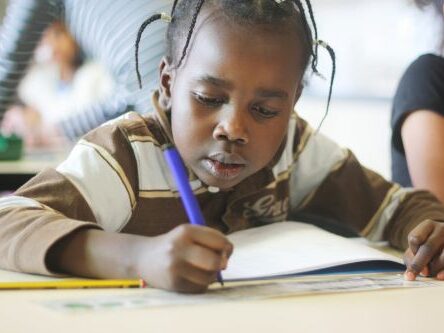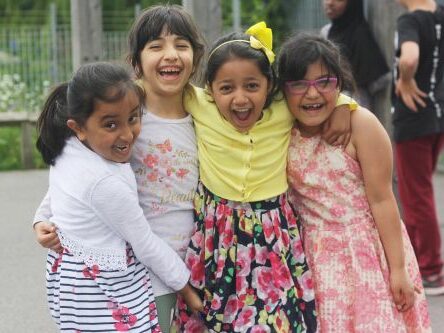Science at Sharrow is an engaging, exciting and inclusive subject that gives all children a chance to explore, investigate and take risks to become inquisitive learners. We provide our pupils with a sense of wonder that awakens an enthusiasm for discovery. By igniting their natural curiosity about the world around them, we encourage children to want to find out ‘why things are the way they are’. We give our pupils a range of learning experiences during science lessons where we actively challenge them to take risks, develop thoughtful questions and to analyse and cope with outcomes that they were not expecting. Science has changed our lives and we want our pupils understand why and how it directly affects them, as well as its vital role in the world’s future prosperity.
Science provides the foundations for understanding the world through the specific disciplines of biology, chemistry and physics that are taught in age appropriate ways throughout the school. In the Early Years, science is taught through the strand of ‘Understanding the World’, linking to the class topic, and it is accessed through continuous provision or small group sessions. In KS1 and KS2, science units are taught as stand-alone sessions, but may link to the topic if appropriate. Lessons focus on teaching important scientific knowledge, as well as developing the skills of working scientifically through different types of scientific enquiry. Some scientific concepts, such as ‘animals, including humans’ or ‘properties and changes of materials’, are taught throughout the key stages so that understanding is cemented and developed throughout school. A focus is put on all children understanding key scientific vocabulary, so that they can use it accurately and appropriately in their everyday life.
Every year, as a school, we have a specific focus on science during ‘British Science Week’ where we incorporate the national theme to help our pupils relate to the local and national scientific community. This is where the focus is put on the skills of working scientifically and important transferable skills like prediction, recording, explanation, analysis and evaluation are explored through different scientific enquiries. Across all of our science lessons, and specifically during ‘Science Week’, we like to provide children with meaningful experiences where they have lots of fun and develop a sense of achievement so that they feel proud of themselves.
Here are our ‘I Can’ statements which we use to plan and monitor the development of children’s scientific thinking.
“I can” statements – WORKING SCIENTIFICALLY
| I can … | Year 1/Year 2 | Year 3/ Year4 | Year 5/ Year 6 |
| Planning and carrying out experiments | I can ask you questions I can group things together by their features I can use a magnifying glass I can perform an experiment | I can ask questions and set up a fair practical experiment to answer them I can take accurate measurements using Thermometers I can take accurate measurements using Rulers | I can plan different kinds of fair experiments I can tell you how I control variables in my experiments I can take accurate measurements using lots of different scientific equipment I can tell you why it is important to take repeated measurements I can make predictions about how other tests will work using my results |
| Recording and Presenting Data | I can collect my results and write them down to help me answer questions | I can record data using: charts, graphs, diagrams I can record what I have found out using scientific vocabulary I can write what I have found out in a report I can present what I have found out to the class | I can record data using: labelled scientific diagrams, classification keys, tables, bar charts, line charts I can present my findings in a written report with an introduction, conclusion and results I can present my findings in an oral presentation with an introduction, conclusion and results |
| Drawing Conclusions | I can suggest the answer to a question by making observations I can understand that these questions can be answered in different ways | I can use the results I have found to draw conclusions I can tell you what is different, what has stayed the same and what has changed in an experiment I can use the evidence from my own and other people’s experiments to support what I have found I can evaluate experiments and suggest improvements | I can tell you about other experiments that have been done to support or disprove ideas I can identify scientific evidence that has been used to support or refute ideas or arguments |

